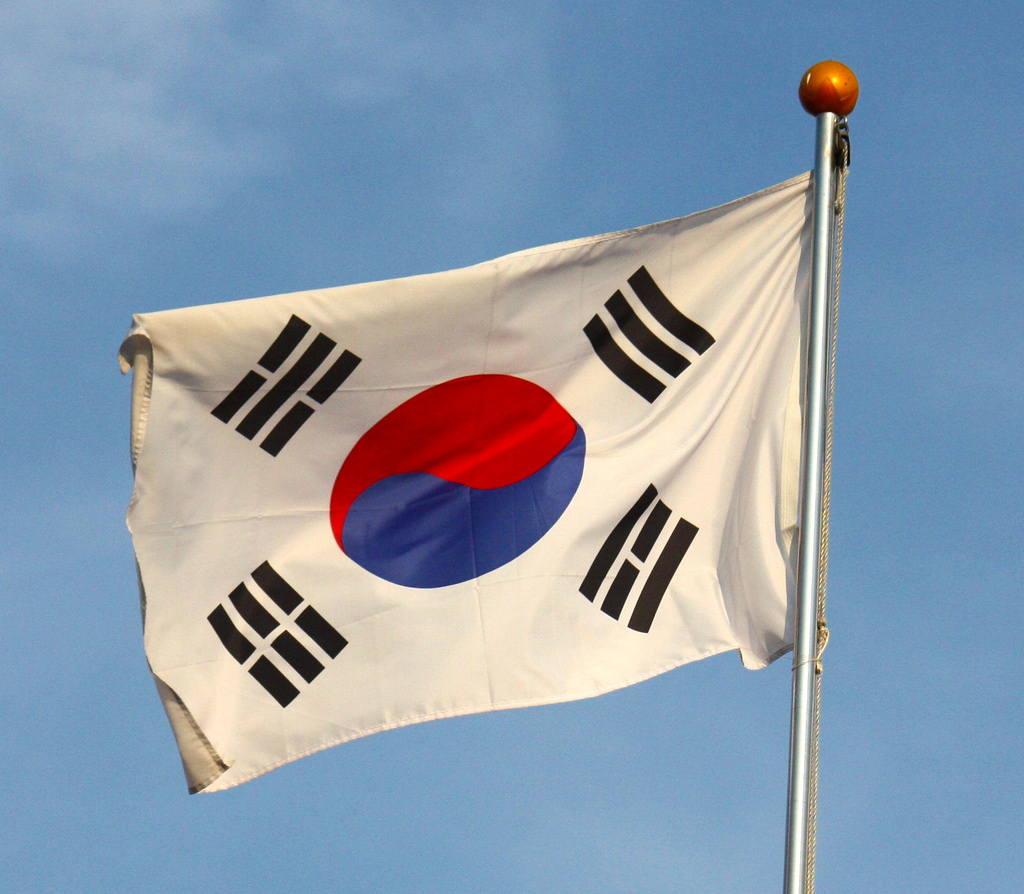South Korea proposes public foundation to resolve forced labour dispute with Japan
The proposal was welcomed in Tokyo but faced immediate backlash from some victims and South Korea's main opposition party, who accused the government of capitulating to Japan. The disagreements over labour and women forced into Japanese military brothels have bedevilled ties between the two pivotal U.S. allies for years, but South Korean President Yoon Suk Yeol has made a push to repair the relationship.

- Country:
- Korea Rep
South Korea announced a plan on Monday to resolve a dispute over compensating people forced to work under Japan's 1910-1945 occupation of Korea, hoping to improve poor relations that have impeded trade, and political and military cooperation. The proposal was welcomed in Tokyo but faced immediate backlash from some victims and South Korea's main opposition party, who accused the government of capitulating to Japan.
The disagreements over labour and women forced into Japanese military brothels have bedevilled ties between the two pivotal U.S. allies for years, but South Korean President Yoon Suk Yeol has made a push to repair the relationship. Under the plan, South Korea would compensate former forced labourers through a public foundation funded by private-sector companies, Foreign Minister Park Jin told a briefing.
"The soured South Korea-Japan relations should no longer be neglected, and we need to end the vicious cycle for the national interest, for the people," Park said. He said he hopes Japan responds sincerely, including by "implementing its previous public statements expressing remorse and apology." None of the compensation will come from Japanese companies, said Japan's Foreign Minister Yoshimasa Hayashi, who told reporters he hoped for further deepening of ties between the countries.
"We welcome this as a step that returns Japan-South Korea relations to a healthy one," he said. Poor relations between the two have been a point of concern for the United States, which is seeking to present a more unified front with its allies against the rising power of China and threats from North Korea's expanding missile and nuclear arsenal.
A Japanese government source close to Prime Minister Fumio Kishida told reporters that the United States has been pressing both countries to reconcile, but that a main factor that triggered Yoon's push for reconciliation is the geopolitical threat from North Korea. SOUTH KOREAN FUNDS
When Seoul first raised the proposal in January, it sparked backlash from victims and their families because it did not include contributions from Japanese companies, including those ordered by South Korean courts to pay reparations. About a dozen protesters demonstrated outside as Park made the announcement.
"It's a complete victory by Japan, which has said it will not pay a single yen on the forced labour issue," Lim Jae-sung, a lawyer for several victims, said in a Facebook post on Sunday, citing initial media reports of the deal. The main opposition Democratic Party denounced the plan as "submissive diplomacy."
"It's a day of shame," An Ho-young, a spokesperson for the party, said in a statement. "Japanese companies embroiled in war crimes received indulgence without even budging, and the Japanese government managed to remove a trouble by having the grace to repeat past statements." Asked whether Japanese companies will pitch in to compensate, Park said both Japanese and South Korean businesses were considering a plan to make voluntary payments, and he understood that the Japanese government did not oppose such contributions.
South Korea's Yonhap news agency, citing unnamed government sources, had said that as part of the deal Seoul and Tokyo had tentatively agreed to create a "future youth fund" to sponsor scholarships with funds from companies in both countries. EXPORT CURBS
Relations plunged to their lowest point in decades after South Korea's Supreme Court in 2018 ordered Japanese firms to pay reparations to former forced labourers. Fifteen South Koreans have won such cases, but none has been compensated. Japan has maintained the compensation issue was settled under earlier treaties, and Hayashi said his government's stance had not changed.
The row spilled over into a trade dispute, with Tokyo tightening curbs on exports to South Korea of high-tech materials used in smartphone displays and chips, including fluorinated polyimides, photoresists and hydrogen fluoride. South Korean tech firms such as Samsung Electronics , SK Hynix and LG Display were affected, although the firms found import routes through other countries, worked to diversify sourcing including investing in local materials firms, and some Japanese firms set up production in South Korea.
South Korea denounced Japan’s moves at the time as a violation of World Trade Organisation (WTO) rules, saying it would take the necessary countermeasures including filing a complaint. It also tightened trade regulations on Japan, responding with a tit-for-tat move. Japan's Yomiuri reported on Saturday that Tokyo could lift restrictions on exports of key electronics components to South Korea, as part of a deal for Seoul to withdraw its complaint to the WTO over the trade dispute.
Hayashi said the export curbs are separate from the forced labour dispute, but Yonhap reported that trade officials from both countries could make an announcement on the restrictions as soon as Monday.
(This story has not been edited by Devdiscourse staff and is auto-generated from a syndicated feed.)
ALSO READ
Ten years after South Korean ferry disaster, mothers express their grief on stage
Soccer-Player release issues threaten Japan and South Korea's Olympic hopes
EMERGING MARKETS-Currencies rise as dollar retreats, South Korea's won advances
South Koreans still seek answers 10 years after Sewol ferry disaster
South Korean court hears children's climate change case against government










